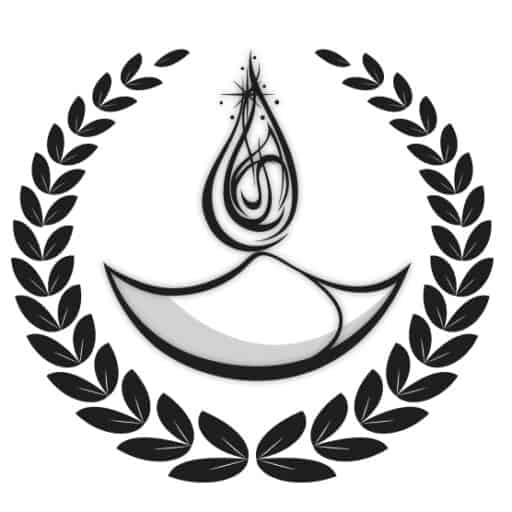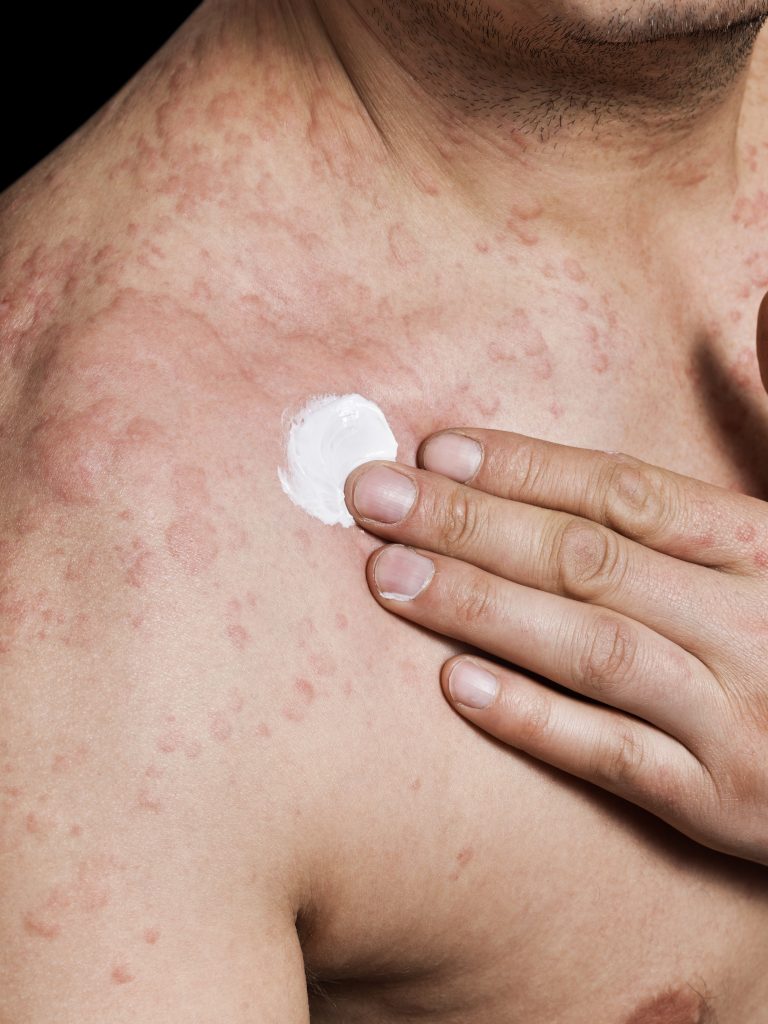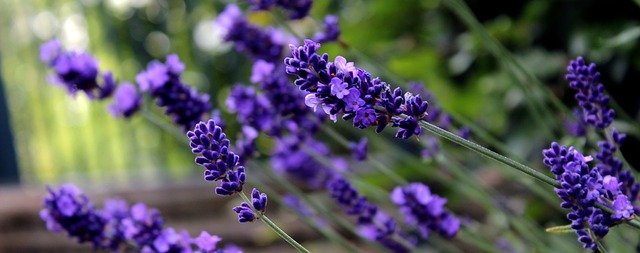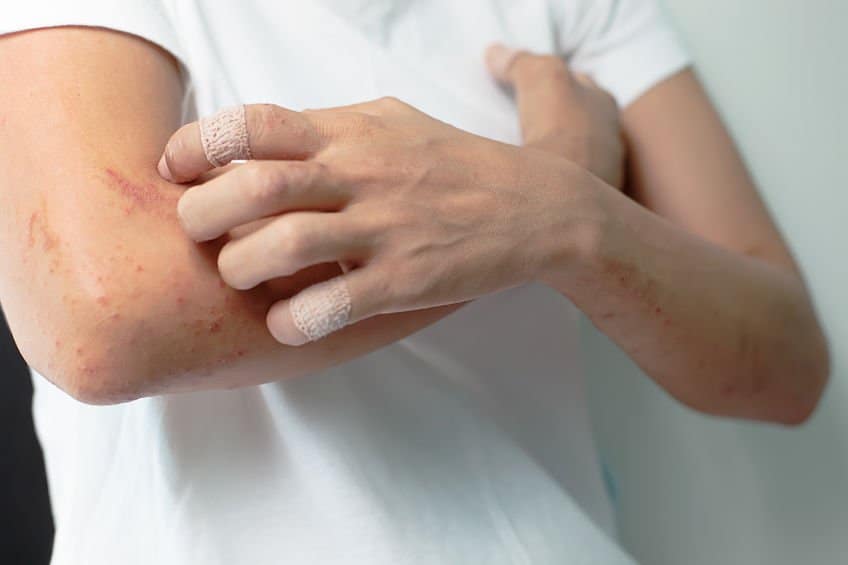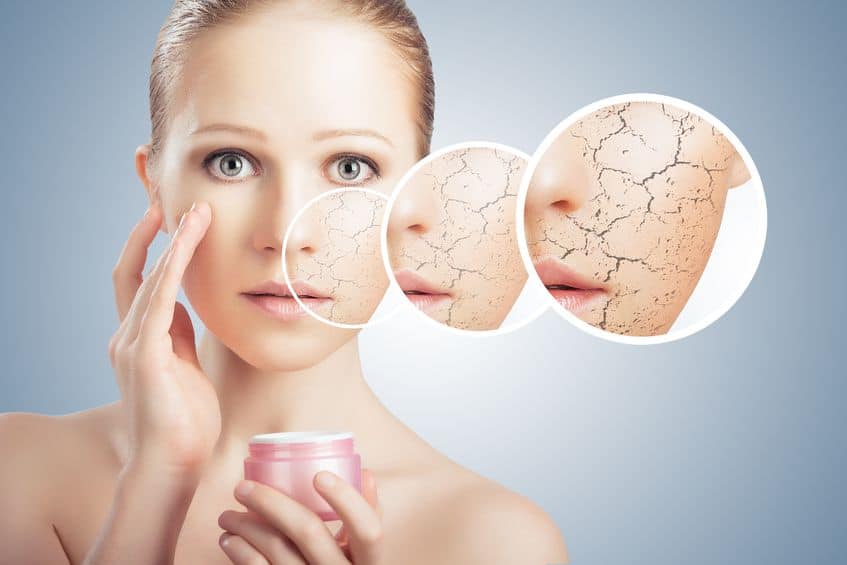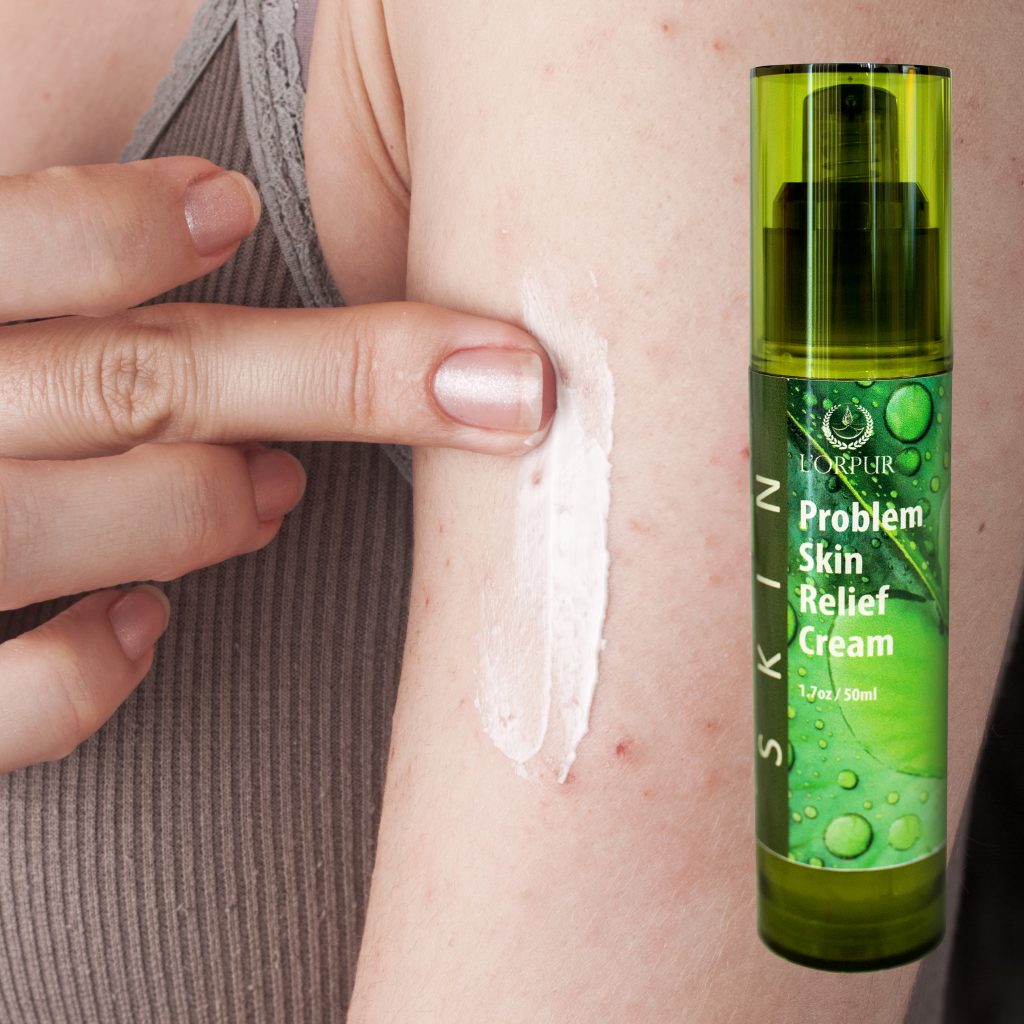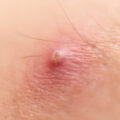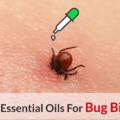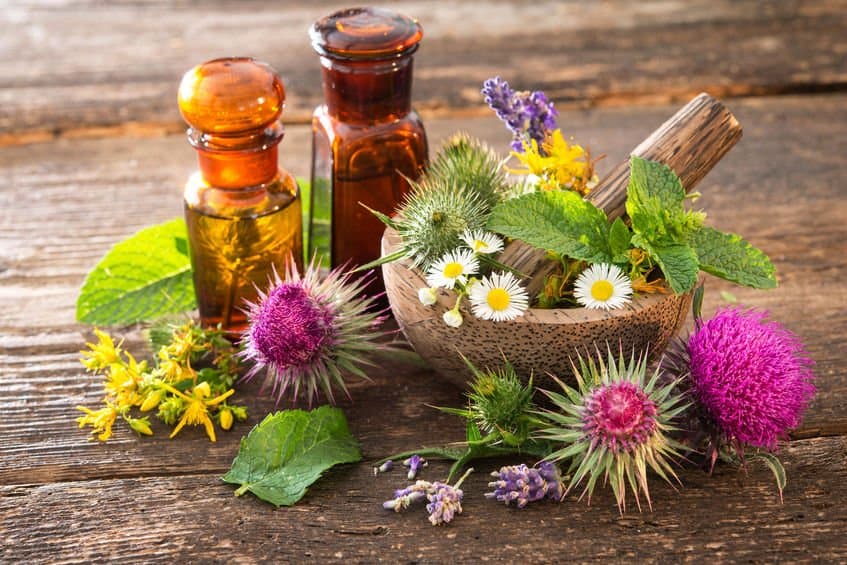
When it comes to common body quirks, very few can be as maddening and frustrating as the lowly itch!
You could be going about your regular business and BAM – you get an itch in such an embarrassing place that you’d be ashamed to scratch in public. Unfortunately, there are times when it seems like the only way to get rid of an itchy sensation is by giving yourself a healthy scratch.
If it’s just a random itch here and there, then it may not do much harm. But if you have widespread or recurrent itching, constant scratching only leads to more inflammation.
If you’re sick and tired of clawing at yourself just to get some relief, you’re in the best place you could possibly be. Why?
Because this here is the ultimate, comprehensive guide to relieving your itchy little world the right way from your head all the way to your pinky toe. But before I dive right into all the treatments, cures and DIY remedies for itching, how about we shed some more light on this pesky yet often overlooked phenomenon?
What Is An Itch?
Also known as pruritus, an itch is simply a general sensation rising from the irritation of nerves or cells associated with the skin.
While most of us here may consider it a nuisance, this itching sensation actually serves as a crucial sensory and self-protective mechanism just like all your other senses for touch, heat, cold, pain and vibrations. In fact, some theories have been put forward that itching is simply a carry-over instinct that resulted from having to get parasites off our skin all the time.
Generally, Pruritus can be isolated to one area or widespread all over your body. The reason for this is because pruritus involves activation of specialized nerve cells called C-fibers. These cells are quite identical to pain receptors, but they are functionally distinct in that they only convey the itch sensation.
When stimulated, these C fibers carry signals to the brain and generate a rubbing or scratching reflex. This scratching response then interferes with the signals being sent. But although it is helpful in relieving the sensation, it’s always advisable to leave all itches unscratched and instead, look for more permanent treatments.
Signs, Symptoms And Causes Of Itching
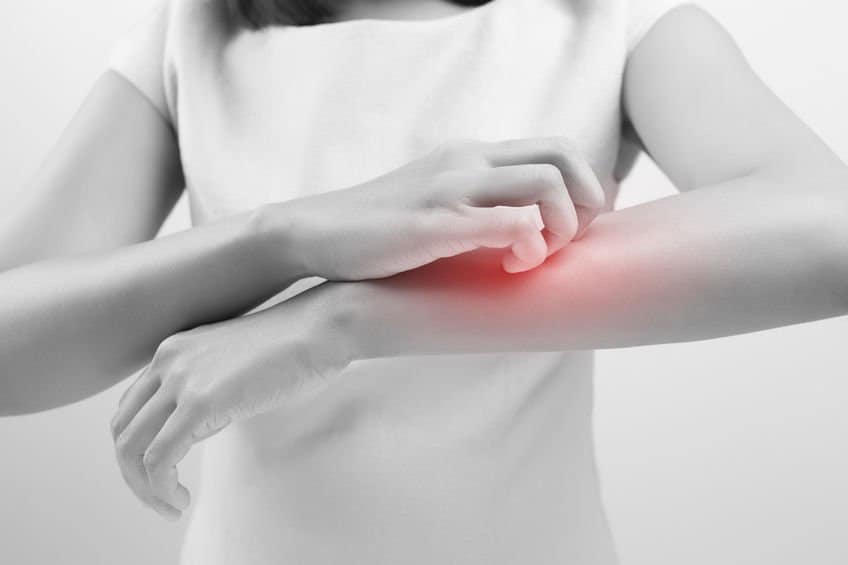
Itching in itself is a symptom that we have all experienced, but it’s usually an indicator of underlying problems that we’ll get into a bit later on. Nevertheless, it can be quite tough to describe what the sensation feels like for each person. But while symptoms may vary, pruritus typically leads to a peculiar and uncomfortable feeling as if something is crawling under your skin. Other symptoms include dermal damage such as:
- Redness or dryness of the affected area
- Blisters
- Bumps and rashes
- Skin lesions and cracks
- Flaky skin, spots or pimples
Causes Of Itching
When it comes to itching, trying to identify the primary cause is like trying to find a needle in a very itchy haystack. It’s tough, it’s painful, and it might take more than one misdiagnosis to find the culprit. However, I’ve tried to identify and categorize all the main causes of itches.
1) Toxins on the Skin
Pruritus can be activated as a natural defense mechanism when your skin comes in contact with toxins. Apart from coming in contact with anything you are allergic to, touching grass oils, poison ivy, poison sumac, poison oak and pretty much any poisonous plant will throw you into an itching frenzy.
2) Disease and Infection This is where underlying health conditions cause itching. Some of the common diseases that cause itching include rare forms of skin cancer, lymphomas, and fungoides. Infections that could be causing your itch include fungal infections, hemorrhoids, eczema, jock itch, athletes foot, and chickenpox.
3) Parasites and Bugs
If there’s one cause of itching that still reigns universal, it has to be insects and bug bites. From scabies, bedbugs, fleas, lice, pinworms, ticks and mosquitoes, all these will cause some serious itching, inflammation and skin irritation.
4) Irritants and Skin Reactions Sometimes, we are the ones causing damage to our skin without even realizing it. It could be the jewelry on your neck and hands irritating your skin. Or maybe it’s the dye in your hair, varnish on your nails or choice of textiles and clothing materials. UV rays have also been known for causing skin irritation, burns, and itchiness.
Treatment, Cure And Remedies For Itching
As you would expect, the treatment and cure for itchiness will depend on the cause. But whatever the cause may be, no single medical professional will advise you to scratch.
All itches should be left unscratched to reduce any chance of causing further damage. So instead of aggravating your skin even further with incessant scratching, why not try some of the following treatments and cures for permanent relief.
A. General Prevention and Treatment Tips
You know what they say, prevention is always better than cure.
So before you go out looking for treatments, you should try some of these general prevention tips. For starters, keep your nails clean, short and smooth to avoid clawing yourself every time you feel the need to scratch.
Alternatively, you could wear cotton gloves to keep your hands from damaging your skin. If the need to scratch becomes too much, use a damp flannel to cool down the inflamed area.
Other tips include avoiding alcohol, caffeine, and some spicy foods that actually affect the blood flow and can make the itching worse.
B. Medical Treatment
That’s right; no matter which pharmacist you visit, you can bet top dollar that you’ll find a plethora of lotions, creams, powders, and medications all designed to offer relief for itchy skin.
Of course, you should always visit the doctor first and get a prescription tailored to your specific needs. However, there are some common recommendations that most pharmacists make. These include:
- Creams containing menthol to cool those hot spots or powders with anti-itch ingredients such as crotamiton.
- Mild steroid creams such as hydrocortisone to help with small, inflamed areas.
- Antihistamine tablets that help control allergies and antidepressants that are only recommended for long lasting pruritus.
C. Essential Oils
There’s a reason why countless people turn to essential oils for itching. That’s because apart from possessing a barrage of medical properties, they also work quickly and have mild, limited side effects to contend with. Essential oils come highly recommended for helping with inflammation and all the other symptoms associated with itchy spots.
We’ve certainly come a long way from soaked barks and twigs to some of the purest, refined and concentrated essential oils on the planet. However, the botanicals and plant matter that these oils are derived from still remain the same.
If you’ve been searching high and low for a way to finally kick the ill habit of scratching, you’re in luck folks! I’ve done all the hard work in search of the best oils for the job.
Below you’ll find the top-rated essential oils for itching. Stick around some more and you might even get some recipes that will let you become a master of the oils.
7 Best Rated Essential Oils For Itch Relief
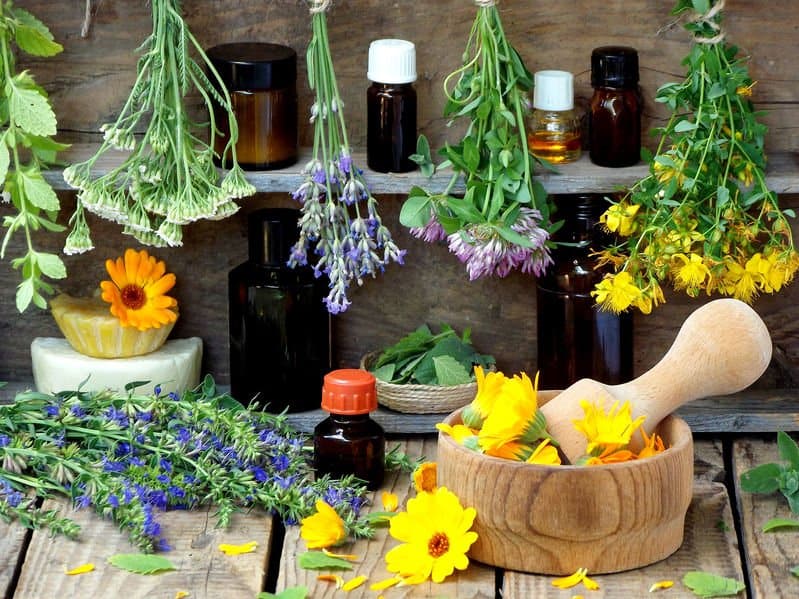
1. Tea Tree Oil
Also known as Melaleuca alternifolia, Tea tree essential oil is loaded with antibacterial, antifungal, anti-inflammatory, antiviral and antiseptic properties, there’s virtually nothing that this magic little oil can’t do.
It’s these properties that make Tea Tree essential oil incredibly useful for a broad range of skin related ailments such as acne/pimples, rashes, warts, athlete’s foot, blisters, insects bites, thrush, itching, burns, boils, and many others. Tea Tree also works magic for controlling dandruff, reducing scalp inflammation, regenerating and cooling your itchy scalp. As an added benefit, Tea Tree Oil also protects from the harmful rays of the sun and leaves behind a protective shield against skin infections.
2. Myrrh Essential Oil
I gotta say, when the three wise men brought baby Jesus that Frankincense and Myrrh, they must have known how itchy that hay packed manger and barn was for the entire family. Not to blaspheme or anything, but that must have been when the little guy realized that itching is all part of being a human being.
Packed with natural antiseptics, antioxidants, and powerful healing properties, Myrrh oil is the ideal solution to itchy, dry and chapped skin. Not only does it alleviate rashes and reduce stretch marks, but Myrrh has actually been used numerously to treat red, itchy bumps known as hives. Similarly, plenty of beauty creams incorporate Myrrh to help with skin elasticity and wrinkles.
3. Frankincense Essential Oil
Introducing one of the world’s most famous skin tonics, Frankincense is usually the number one option for mature and oily skin. But apart from improving your skin tone, softening wrinkles, smoothing things out, and balancing out sebum levels, this little miracle oil works wonders for itches.
The only difference here is that Frankincense essential oil works more of a preventative role towards pruritus. By eliminating old, unhealthy skin cells and encouraging skin rejuvenation, Frankincense helps prevent most of the factors that lead to an itchy skin.
4. Bergamot Essential Oil
Officially known as Citrus Bergamia, Bergamot essential oil is another effective and calming solution to itchy skin. For years now, Bergamot essential oil has been used as a general anti-inflammatory tonic with endless internal and external applications.
When it comes to itchy skin as a result of environmental irritants, stress or anxiety related causes, then nothing beats the countering effects and mild anaesthetic of Bergamot. However, it’s quite strong and could have some side effects if used improperly.
5. Lavender Oil
For anyone who is new to the world of essential oils, you have to take this from me – Lavender oil is one essential oil that is an absolute must have in any medicine cabinet. Chock full of antibacterial, anti-fungal, antiseptic and anti-inflammatory properties, it qualifies as a broad spectrum and cure for a lot of ailments as we’ll see below.
Not only do these features help it to reduce swelling, redness, itching, and irritation, but this healing oil will totally murder any bacteria and fungus responsible for most skin conditions.
Typical issues that can be remedied by good old lavender oil include scabies, shingles, eczema, rashes, ringworm, allergies, and dermatitis. On a side note, Lavender essential oil also acts as a bug repellent, so you don’t have to scratch and swat at mosquitoes and biting bugs all day and night long.
6. Sandalwood Essential Oil
Here’s a sweet, rich, aromatic and versatile essential oil that has been a favorite for traditional Indian and Chinese Medicine when it comes to treating skin complaints. This warm and woodsy oil is not only ideal for all skin types, but it also helps address a plethora of skin conditions.
It is quite suitable for different kinds of itches and offers a soothing effect on cracked and chapped skin, especially nasty razor burns in particular. On a side note, Sandalwood also acts as a powerful anti-ager with supportive skin oils that help your skin retain moisture, calm down and get relief from inflammation.
7. Patchouli
Apart from being incredibly fun to say again and again, Patchouli essential oil has made quite a name for itself in this big itchy world. Thanks to its antiseptic, anti-inflammatory, antibacterial, and antifungal properties, Patchouli is more than an excellent choice for a throng of skin conditions that lead to itchiness. Similarly, this earthy oil helps clear congested skin, ease inflammation around blemishes and prevent infection as well.
4 Essential Oil Recipes For Itching
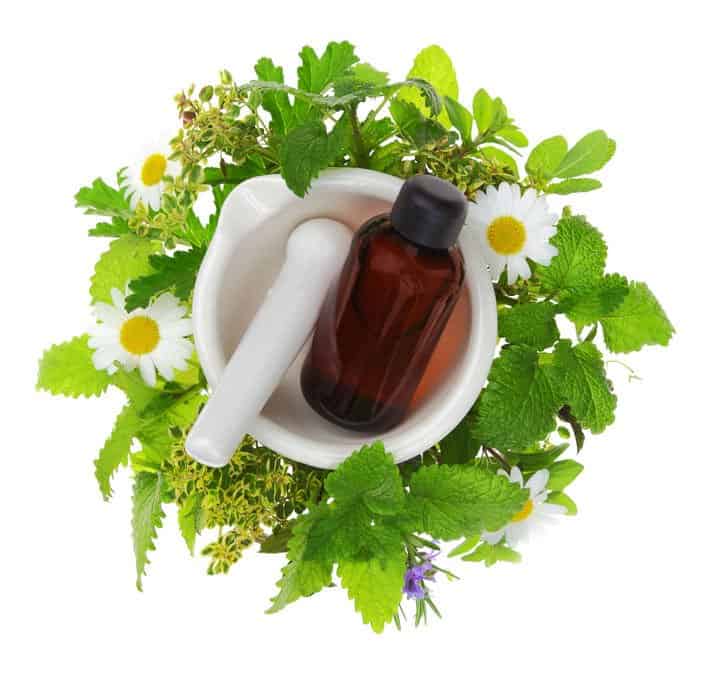
As promised, here are some incredibly useful recipes for itching that have been passed down from generation to generation. Unlike other websites, I have gone the extra mile to provide recipes catered for specific styles of itches and locations of the body. So, are you ready to become a master of the oils?
1) Essential Oil Recipe For Itchy Scalp
Unlike dandruff shampoos that have no interest whatsoever in long-term solutions, you can actually use essential oils to clear dandruff and directly eliminate the need to scratch. With your very own essential oil shampoo, you will be able to loosen the layer of dead skin on your scalp, rinse it away, eliminate any dandruff causing fungus and even soothe the incessant itching. On a side note, the recipe also stimulates your scalp’s natural healing mechanisms.
Here’s what you’ll need:
- Sweet Thyme
- Rosemary essential oil
- Tea Tree oil
- Sage oil
- Rosemary essential oil
Mix about 20 drops of Rosemary, 10 drops of Thyme, 8 drops Sage and 10 drops of life-saving Tea Tree essential oil. Mix thoroughly and then add half a cup (100ml) of your favorite shampoo to complete the recipe.
Gently massage the essential oil shampoo into your hair and scalp. Leave-in for 5 minutes and rinse off with lukewarm water. Repeat three times per week.
2) Essential Oil Recipe For Itchy Eczema and Hives
As I had stated earlier, the best way to beat an itch is to customize a cure for the cause. If you have itchy skin as a result of eczema or hives, then I have the recipe just for you.
What you’ll need:
- Yarrow essential oil
- Juniper Berry essential oil
- German Chamomile oil
- Tagetes
- Own choice of carrier oil such as Argan or Hazelnut
- Jojoba oil
- Primrose oil
Mix 10 drops each of German chamomile and Primrose oil with 5 drops each of Tagetes, Yarrow and Juniper essential oils. Add the entire mixture to 30 ml Argan or Hazelnut oil, and 30 ml Jojoba oil. Apply to the affected itchy areas twice a day.
3) Essential Oil Recipe for Dry, Itchy Skin
One of the biggest culprits when it comes to itchy skin is lack of hydration. If your skin is all dry, chapped, and flaky, then it’s only a matter of time until you start feeling itchy all over. If your main cause of itching is a dry and flaky skin, here’s the recipe for you.
What You’ll Need:
- Patchouli essential oil
- Sandalwood essential oil
- German chamomile
- Geranium
- Palmarosa essential oil
Mix 6 drops of German chamomile oil with 3 drops each of sandalwood, geranium, patchouli and palmarosa essential oils. Combine this with 30ml (1 ounce) of carrier oil, and use twice daily as a healthy moisturizer. Extra hydration and moisture on your skin should reduce instances of flaking and itching.
4) Essential Oil Recipe For Jock Itch
While often an embarrassing subject, jock itch is quite normal and affects both men and women. This itch is usually flustering since it is found in the buttocks, groins, inner thighs and sometimes around the genitals. For those wondering how this itch came about, Jock itch is usually caused by tight clothing, excessive sweating, being overweight or generally having a weak immune system. But don’t worry, I have the ultimate recipe to cure the burning, flaking and severe jock itch.
What You’ll Need:
- Lavender essential oil
- Tea Tree oil
- Patchouli essential oil
- Cypress oil
- Choice of carrier oil (Almond)
Being a bit more sensitive than other areas; it is highly advisable to use small amounts of essential oil. Dilute 2 drops of each of the above essential oils in 2 tsp witch hazel in a small bowl and use it to wash the area well. After you’ve dried up, dilute 2 drops of Tea Tree and 2 drops of Lavender in one tablespoon of your choice of carrier oil such as Almond and apply to the area affected with jock itch.
My Favorite Product for Itch Relief
The L’orpur Problem Skin Relief Natural Cream is designed to treat and prevent recurrence of difficult skin conditions including itching, skin rashes, etc. It has unmatched anti-bacterial and healing properties and provides instant and long-lasting relief for redness, dry / scaling / itchy skin insect bites and rashes. Click here to read more about L’orpur Problem Skin Relief Cream.
6 DIY Home Remedies For Itching
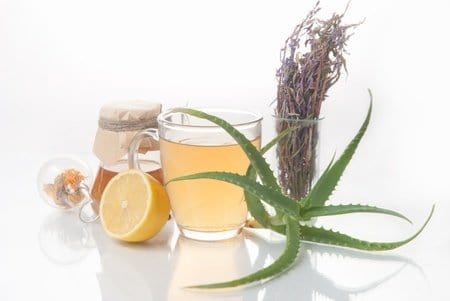
While essential oils offer some of the best treatments and remedies for itch relief, it can get a tad expensive to build a collection of the best oils. Then again, it is the season of bug bites, allergies, itching, peeling, and sunburns. So you may not have much time or patience to wait around for an entire recipe.
But don’t go scratching up a storm yet. If you’re looking for solutions that won’t break your bank or take up much time, then here are some pretty effective DIY home remedies for itch relief hiding in your very own kitchen. However, there is just one rule and one rule only to follow when it comes to home remedies, i.e. never use anything on your skin that you wouldn’t put in your mouth.
1) Oatmeal
Some call it the ultimate medicine porridge, others just call it a tasteless breakfast. Either way, this handy little remedy is always just tucked away silently in your kitchen the whole time, isn’t it?
Oatmeal contains avenanthramide that has been proven to block the release of inflammatory compounds and drastically reduce the itching sensation. For those of you old enough to remember, oatmeal was quite the popular traditional remedy for chicken pox, poison ivy, and eczema.
To make an oatmeal poultice, just add a bit of warm water in a bowl and mix with plain, uncooked oatmeal. Once the mixture has sat for a few minutes, apply the paste to the itchy area.
2) Apple Cider Vinegar
I’m guessing you only pop out the vinegar when you need to do some serious seasoning, cooking and barbecuing? Well, did you know that apart from just sweetening your food, Apple Cider Vinegar actually contains anti-fungal, antibacterial and antiseptic properties that makes it incredibly effective against several skin conditions.
This includes itching brought on as a result of dry skin such as sunburns and dandruff. To use vinegar as a DIY remedy for itchy skin, simply add a few drops of the stuff on a cotton ball or cloth and dab on the affected area.
3) Aloe Vera
Don’t you just love the strength, power and unbelievably immense application range of Aloe Vera when it comes to all things skin? Already famous for its ability to heal sunburns, Aloe Vera is found in plenty of sunscreen lotions and other skin care products.
However, most people don’t know that is also versatile enough to sooth irritated skin, cut down swelling and dramatically reduce itchiness. To make use of Aloe Vera, simply break off a plant, split it lengthwise with a sharp knife, scoop out the gel and apply directly onto the itchy area.
4) Baking Soda
This leavener actually delivers quite the fantastic double whammy when it comes to your skin. For one, baking soda is widely renowned as an odor killer and neutralizer of all things smelly.
By applying a bit of the powder to your armpits, shoes, and groin area, you help reduce moisture and odor build-up that definitely leads to itchiness, irritation and jock itch.
5) Peppermint and Basil Leaves
If you don’t have the essential oils, using the plant material itself is also an option. While Peppermint offers a cooling sensation for itch relief, Basil contains several anti-itch compounds such as camphor and thymol.
To use this DIY remedy, just gather a couple of leaves, crush them up and rub directly to your skin. Alternatively, you could freeze the crushed leaves for a cooling double whammy since the spice cubes (patent pending on that sweet name) will also bring down the swelling and inflammation. Organic peppermint oil anyone?
6) Clay
Ever been in one of those mud baths over at a spa? They tell you that the mud is great for your skin, but that’s the understatement of the year. This bentonite to Montmorillonite clay is actually quite helpful for relieving itchiness as well as a number of other skin issues such as acne.
Similarly, the clay is ideal to have around in case of venomous bug bites and stings. That’s because clay actually draws venom and toxins right out of the skin for much quicker healing and pain relief.
The Final Word
There you have it; all the information you need to know about itching and how to get immediate relief for it. Just remember to use caution as essential oils are concentrated and powerful substances and a little goes a long way when using them! If any of your symptoms persist, it’s best to consult your doctor and get to the root cause of your itching.
